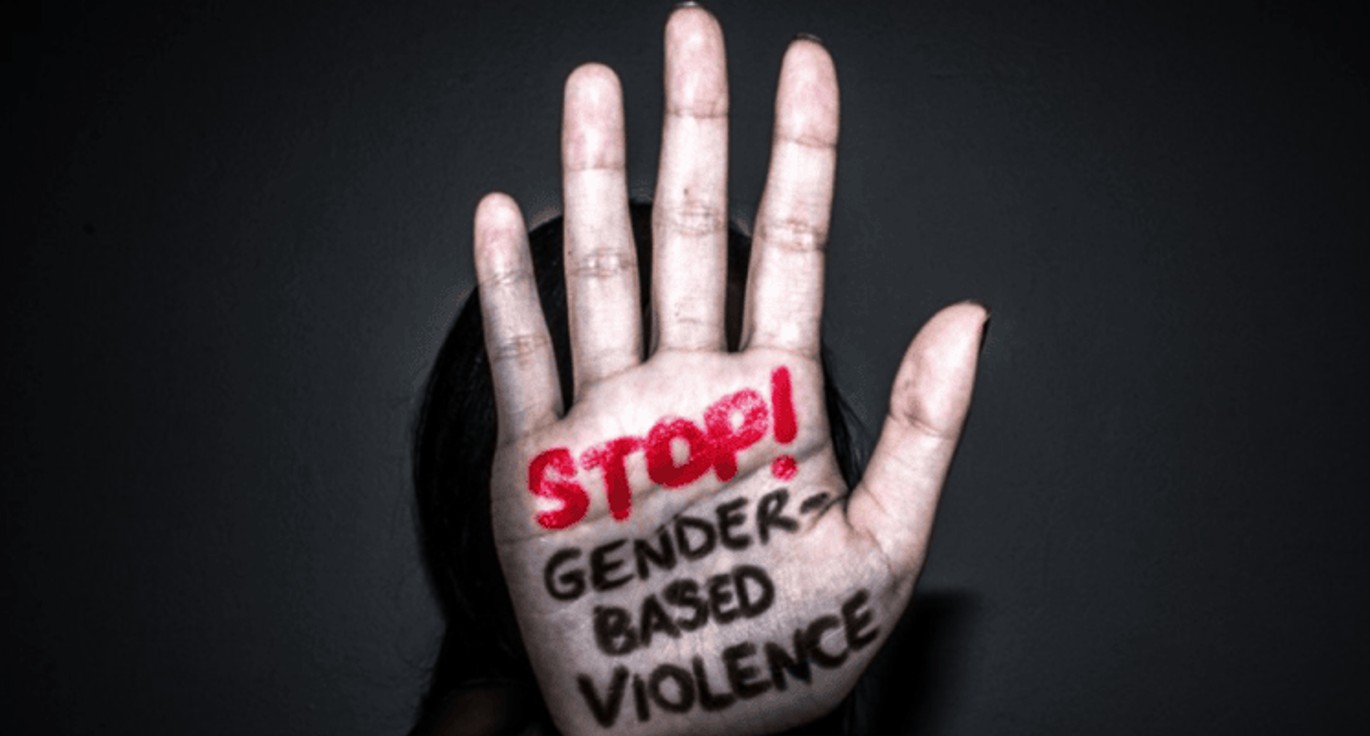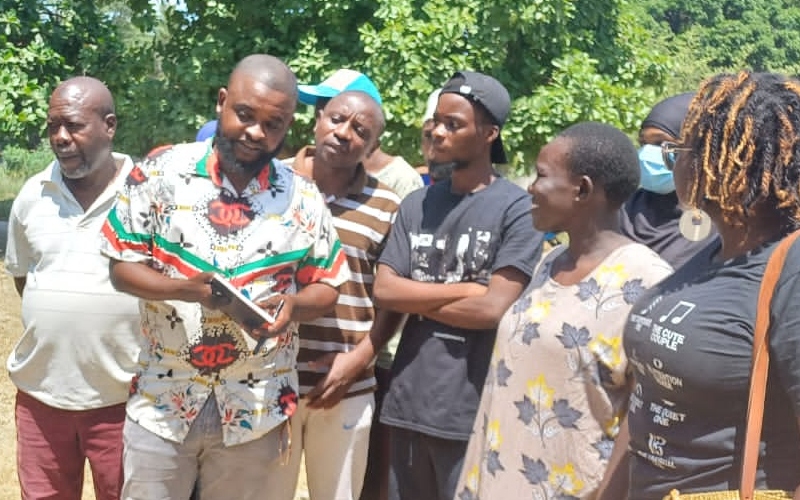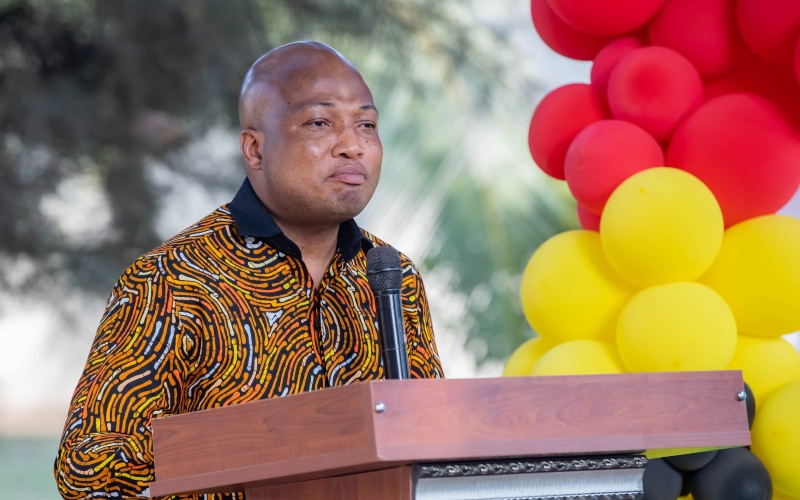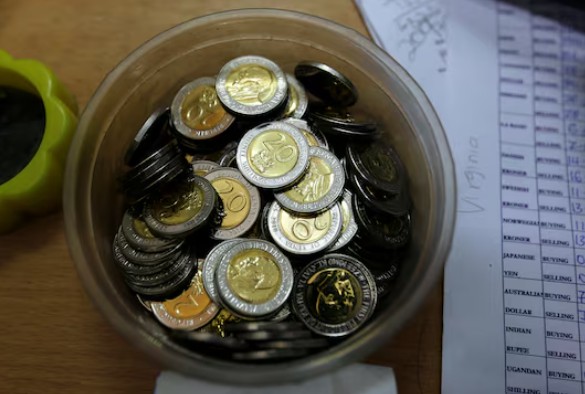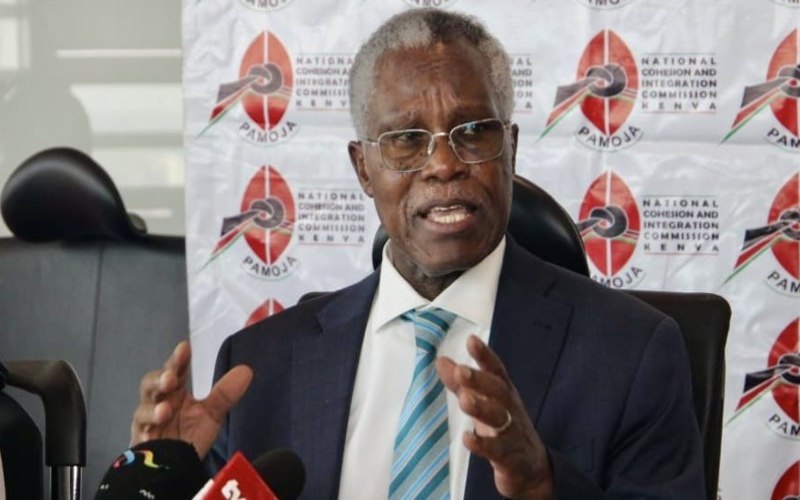UN Haiti chief warns of 'catastrophic' impact of gang war displacements
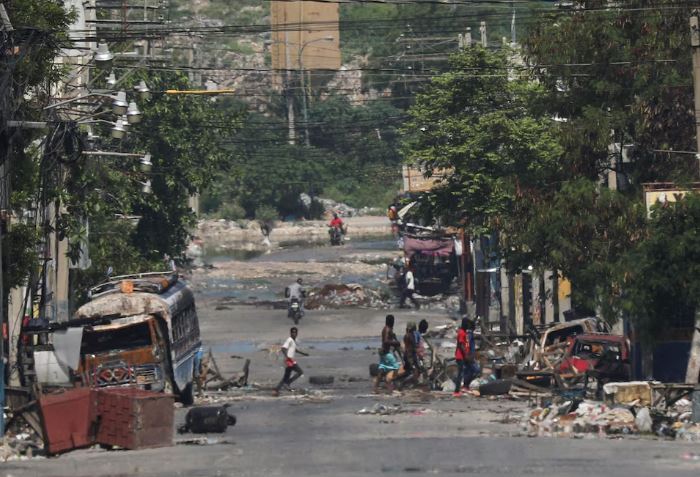
Almost 580,000 people in Haiti are internally displaced - around 5 per cent of the Caribbean country's entire population.
A top executive at the United Nations' migration agency on Tuesday warned of catastrophic humanitarian consequences for the spiralling numbers of Haitians forced to flee their homes due to violence fueled by a conflict with armed gangs.
"The figures we see today are a direct consequence of years of spiralling violence," said Philippe Branchat, who heads the International Organization for Migration's (IOM) Haiti arm, "and its catastrophic humanitarian impact."
More To Read
- 230 Kenyan police officers arrive in Port-au-Prince to reinforce UN-backed GSF
- Kenyan police officers in Haiti to return home after year-long deployment
- Haiti security forces say era of unchecked gang power is over as crackdown intensifies
- ‘Kenya can’t do it alone’: US urges more nations to join Haiti’s Gang Suppression Force
- Green light for Gang Suppression Force tells Haitians ‘they are not alone’, Security Council hears
- Haiti is under a UN arms embargo: So why are 500,000 illegal weapons in circulation?
Almost 580,000 people in Haiti are internally displaced - around 5 per cent of the Caribbean country's entire population - according to the IOM's latest country-wide assessment, a 60 per cent increase from 360,000 just three months earlier.
This has contributed to close to 5 million - nearly half the population - facing acute hunger.
Gang violence in Haiti surged in late February as former Prime Minister Ariel Henry left the country to seek to speed up a promised Kenyan-led deployment of security forces to help national police fight gangs.
As armed men attacked the national palace and broke thousands from prison, Henry was unable to return and pressured to resign. Three months later, a new government has just been installed but the Kenyan-led deployment has yet to land.
Henry first requested the deployment in 2022.
 People living near the National Penitentiary, carry their belongings as they leave the area in Port-au-Prince, Haiti, March 4, 2024. (Photo: Clarens SIFFROY/AFP)
People living near the National Penitentiary, carry their belongings as they leave the area in Port-au-Prince, Haiti, March 4, 2024. (Photo: Clarens SIFFROY/AFP)
Meanwhile, the violence has cut off supply routes in a country highly dependent on imports of both food and fuel, pushing up prices for basic staples and medical supplies, while businesses have shuttered and alliances of armed gangs have attacked neighbourhoods, bringing indiscriminate killings, sexual violence, ransom kidnappings, lootings and arson.
Those displaced often flee with little more than the clothes on their back and often lose their jobs along with their homes.
They have largely been travelling south and staying with host families, an additional burden for areas economically weakened by the devastating 2021 earthquake.
Many are also staying in makeshift camps set up in schools and sports centres around the capital, where basic services are limited and the changing gang battle lines can prevent aid workers from delivering food or force the displaced to flee yet again.
Neighbouring countries last year deported hundreds of thousands back to Haiti.
Top Stories Today
